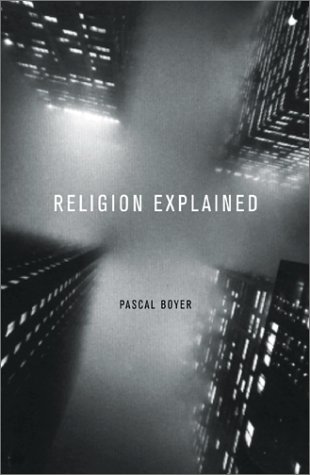Yesterday I found myself watching videos of the testimonies of Dr Betty Ford and Brett Kavanaugh. I went out of the way to seek those videos out after seeing in my rss feeds totally opposite interpretations of each. One side said that Kavenaugh, for example, just oozed sincerity and honesty and had deservedly secured his appointment on the Supreme Court; the other side claimed that his presentation was viscerally insincere and false and that he had lost any chance of being honestly appointed a Supreme Court judge. Wow, now that’s polarization!

After comparing the two for myself I remembered an interesting book that addresses the language of lying and honesty (among other functions of language),
Pennebaker, James W. 2013. The Secret Life of Pronouns: What Our Words Say About Us. New York: Bloomsbury Press.
In one study Pennebaker describes some participants related accounts of real traumas in their past and others imaginary ones. The language of each was compared. Accounts of real traumas were associated with:
- More words, bigger words, more numbers, more details. If you have experienced a real trauma in your life it is easy for you to describe what happened. You can describe the details of the experience without having to do much thinking. Some of the details include information about time, space, and movement.
- Fewer emotion and cognitive words. If you have lived through a trauma, your emotional state is obvious. For example, if your father died, most people don’t then say “and I was really sad.” It is implicit in the experience. However, people who haven’t experienced the death think to themselves, “Well, if my father died I would feel very sad so I should mention that in my essay.” The person who has had a trauma in the past already has a reasonable story to explain it. The person who is inventing the story must do more thinking—and use more cognitive words to explain it.
- Fewer verbs. There are a number of different types of verbs that can serve different functions in language. When a person uses more verbs it generally tells us that they are referring to more active and dynamic events. For a person who has had a trauma in the past, much of it is over. If you are writing about an imaginary trauma, you are living it as you tell about it. In addition, imaginary traumas cause people to ask themselves, “What would have happened? How would I have felt?” Discrepancy verbs such as would, should, could, and ought were used at particularly high rates in the imaginary traumas.
- More self-references: I-words. Recall that I-words signal that people are paying attention to themselves—their feelings, their pain, themselves as social objects. By the same token, the use of first-person singular pronouns implies a sense of ownership. Not surprisingly, people writing about their own traumatic experiences were more acutely aware of their feelings and, at the same time, embraced their traumas as their own.
(Pennebaker, p. 143)
Pennebaker does not claim that those indicators are foolproof lie detectors but the follow up test analysis found them able to accurately classify 74% of the narratives. Continue reading “How to Detect Lying Words (…. 76% of the time)“






